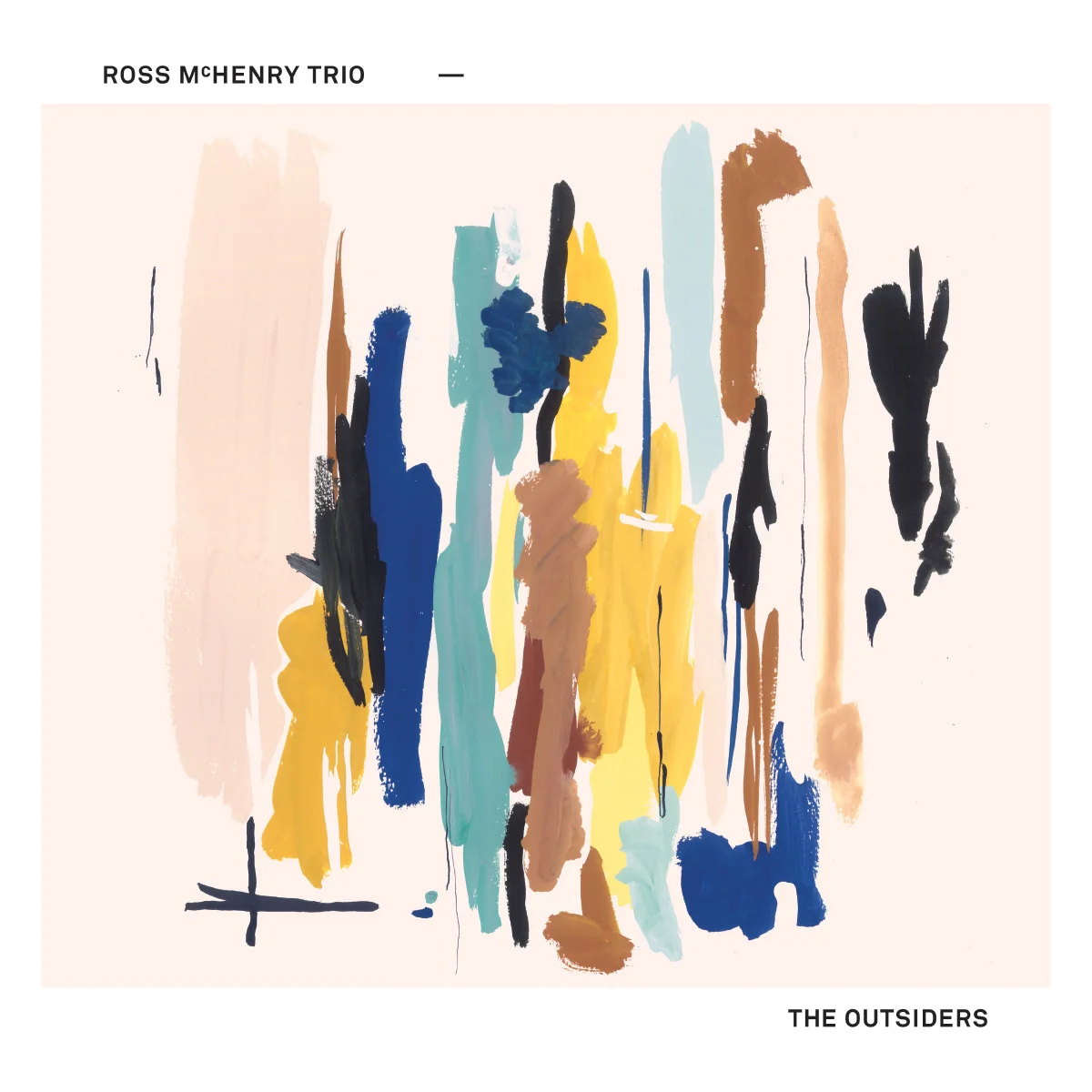JAZZ ALBUM REVIEWS IN THE AUSTRALIAN
In September, 2017 Eric Myers commenced reviewing jazz albums in the Review supplement of The Weekend Australian. All reviews in this folder are written by Myers.
jazz
Trip
Mike Stern
Heads Up International/Planet
Four stars
Published in The Weekend Australian November 4, 2017
____________________
This album from the veteran American guitarist Mike Stern is the first since his accident in 2016 when he tripped outside his Manhattan apartment (hence the title Trip), broke both his arms, and suffered nerve damage to his right hand. Subsequent surgery was only partly successful in that Stern apparently needs glue to grip his pick. Still, his extraordinary technical facility is intact. Stern first came to notice as a member of Miles Davis’s “comeback” band in 1981, when the great trumpeter appeared at the Kool Jazz Festival in New York after a five-year sabbatical. A fusion master, Stern shows in his 11 original compositions that he has lost none of his ability to create a storm in the high-energy rock vehicles which are an important part of this album. But if the music here was limited to what has been described as his “scorched-earth distortion-laced licks”, Trip would be very one-dimensional. Now 64, Stern enlivens the album with laid-back tunes, featuring understatement and simple lyricism. For example, Emilia and I Believe You, where his wife Leni Stern, a distinguished guitarist with her own international career, plays ghoni - an instrument from Mali. These lovely tunes reward repeated listenings. All compositions feature a small group enlivened by one or two superb guest players: the trumpeters Randy Brecker and Wallace Roney; the tenor saxophonists Bob Franceschini and Bill Evans (the latter another Miles Davis alumnus from 1981); and great drummers including Return To Forever’s Lenny White, and Dennis Chambers. There are other guests, too numerous to mention. Finally, Stern’s compositions are uniformly clever and catchy, vehicles not only for high-energy jazz/rock fusion, but also for straight-ahead robustly swinging tunes in four.
Eric Myers
jazz
The Outsiders
Ross McHenry Trio
First Word Records
Four stars
Published in The Weekend Australian November 11, 2017
____________________
This is a brilliant album by three outstanding musicians, all from small isolated cities (hence the title): Ross McHenry (electric bass), Matthew Sheens (piano) both from Adelaide, and Myele Manzana (from Wellington, New Zealand). Virtuosos all, they breeze through eight of McHenry's complex compositions with disdainful ease. This is highly evolved fusion music, the blending of jazz harmonies and rock rhythms which came into jazz in the 70s. Some might consider this album a blast from the past, but it is played with such withering brilliance and overpowering musicality that it breathes new life into what was once a tired genre. I hear McHenry's compositions as a series of sonatas for jazz trio, as one might find in classical music. The rhythms are complex, but the three musicians breeze through rhythmic minefields seamlessly, effectively realising the staple diet of jazz: the build-up and release of tension. Playing the lead instrument, pianist Sheens naturally dominates the album, and he is indeed a rare talent. His rhapsodic interludes are very beautiful, and he is not averse to establishing a repetitive figure around which Manzana solos. Manzana, son of the Congolese master drummer Sam Manzana, shows that he has inherited every bit of his father's talent. The spirit of Jaco Pastorius, the first great electric bassist in jazz, is alive in McHenry's playing. He, Sheens and Manzana (all around 30 years of age) are young enough to play with the enthusiasm of youth, but old enough to play with the understatement of maturity. This trio presents unapologetically an earnest vision, with brilliance, and a compelling seriousness of purpose. This is an album which engages the intelligence of the listener.
Eric Myers
jazz
Hearing The Blood
Barney McAll
Extra Celestial Arts
Four-and-a-half stars
Published in The Weekend Australian November 18, 2017
____________________
The spiritual beliefs of creative jazz musicians are a fascinating subject. Think of Keith Jarrett’s Sufism, Chick Corea’s Scientology, and the spirituality that resulted in the Church of St John Coltrane. A deep spiritualism overhangs Hearing The Blood, the new album from Australian pianist Barney McAll. He finds his inspiration in blood, where he believes the spirit is located. “Blood does sing”, he writes, and in fact blood from his own veins has been used in the cover art. The music consists of nine McAll compositions, performed by nine musicians, the most prominent of which, other than McAll (keyboards) are Jonathan Zwartz (bass), Hamish Stuart (drums & percussion), Mike Rivett (tenor sax) and Carl Morgan (guitar). The album is enlivened by an eight-person choir on two tracks, where the superb vocalist Gian Slater is lead voice. Add on two tracks the soul-tinged vocalist Daniel Merriweather, who contributed to the lyrics of McAll’s compositions Love Is The Blood and That Which Provides, and you have a recipe for stirring gospel-tinged music filtered through a sophisticated jazz consciousness. This is a compelling journey through the musical mind of one of our most talented musicians, and in McAll’s superb writing and arranging many moods are explored. In three ballads however, Sorrow Horse, Nock Code and Recurring Dream of Invisible Fish, the gentle wistfulness in McAll’s acoustic piano improvisations, and his interaction with bassist Jonathan Zwartz, are so beautiful that I feel they form the essential core of the album, along with luminous solos from guitarist Carl Morgan in the latter two works. McAll, now 51, has entered the second half of his life with an enhanced vision, giving us music that is good for the soul.
Eric Myers


